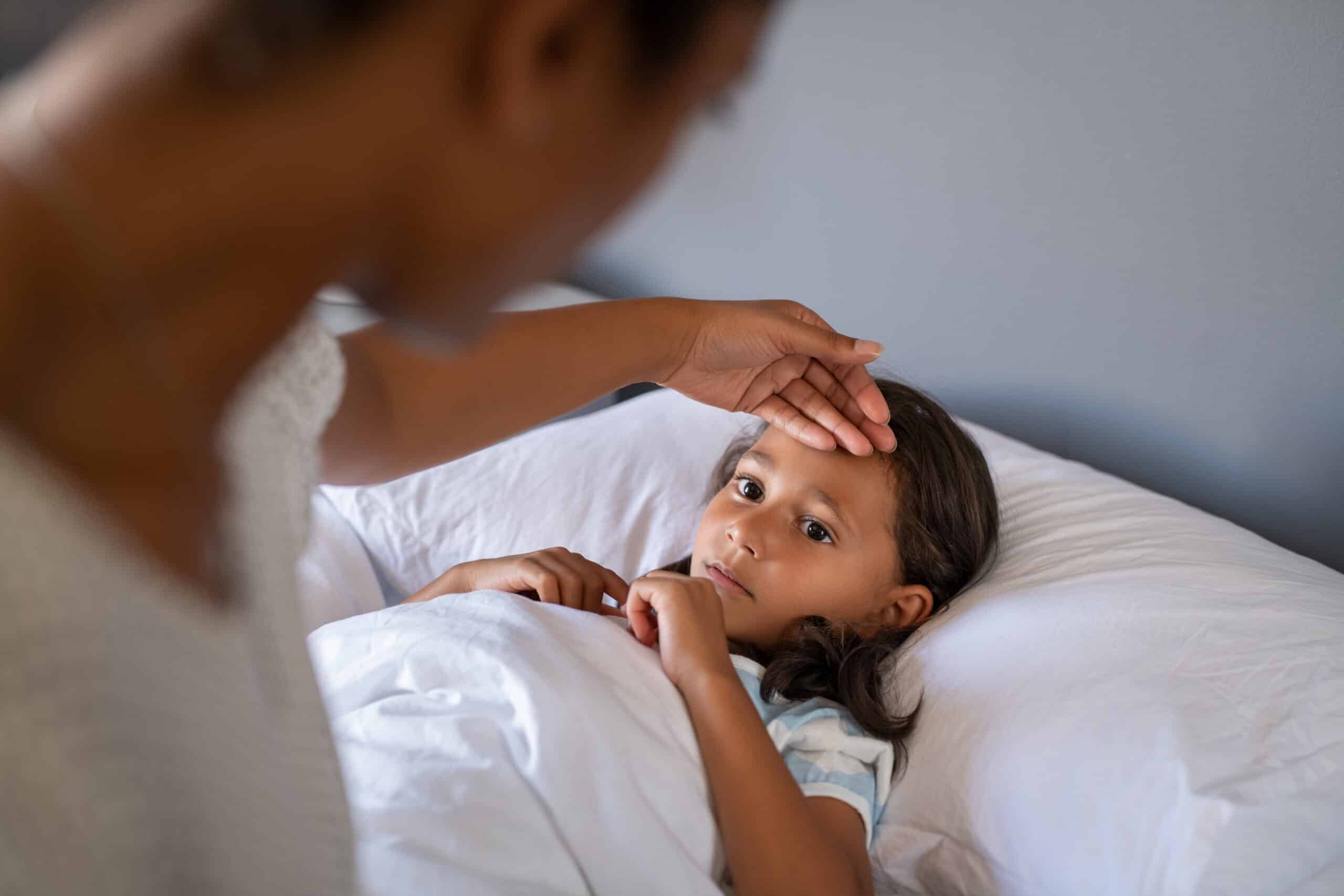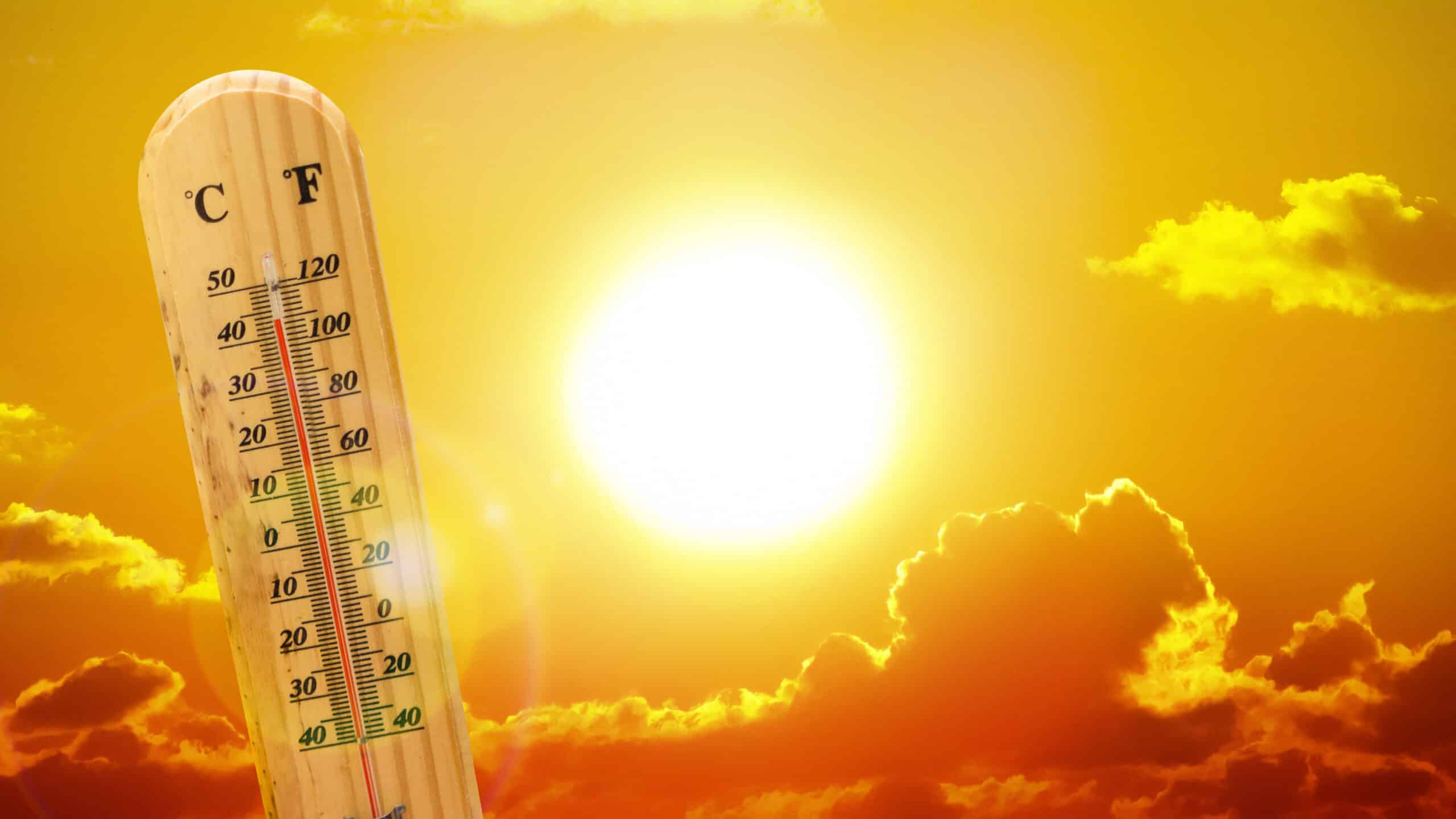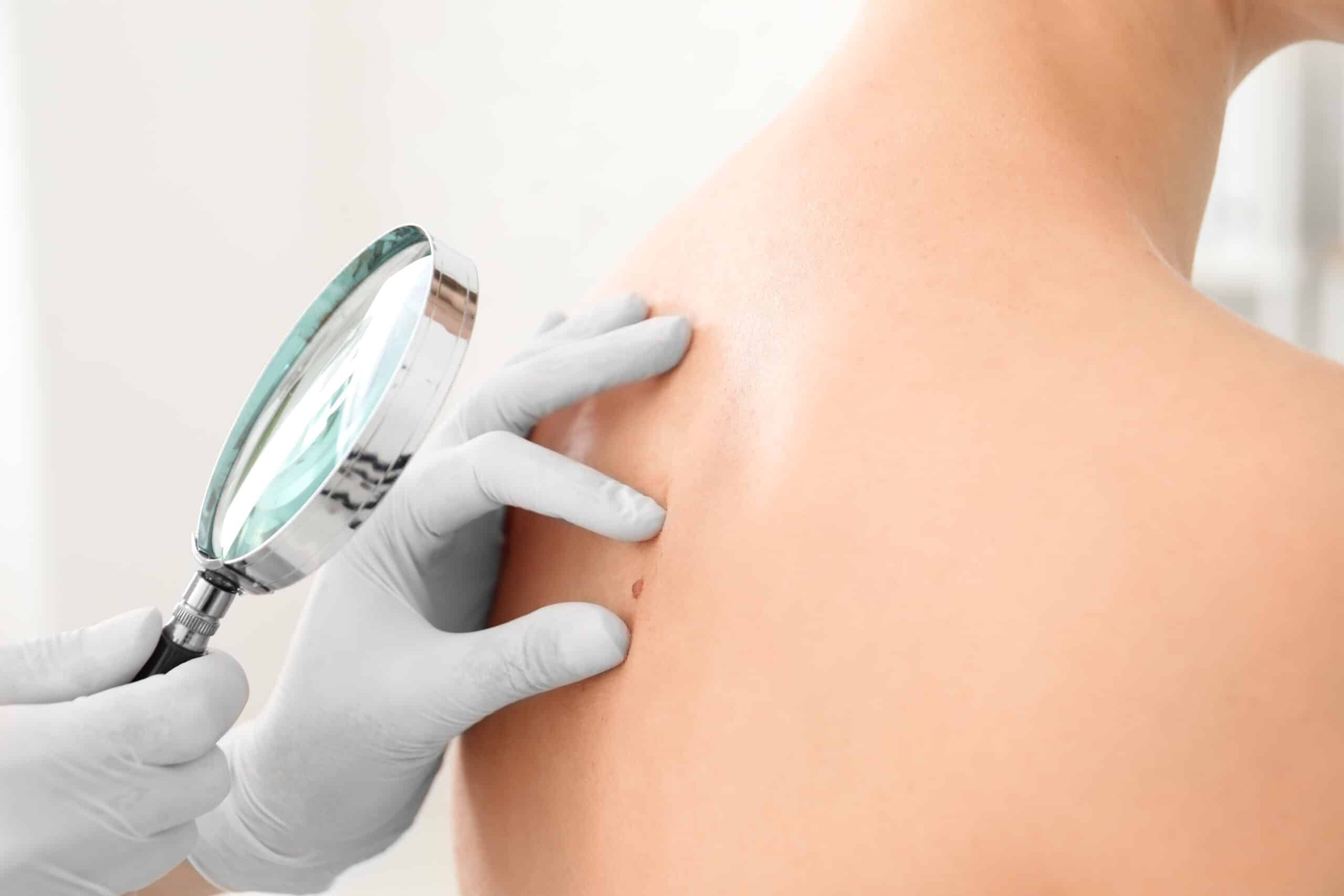As the warm summer months arrive in Southwest Florida, so do the unwelcome guests: mosquitoes. These tiny yet persistent insects can turn enjoyable outdoor activities into itchy and uncomfortable experiences. However, with the right knowledge and preventive measures, you can significantly reduce your exposure to mosquitoes and minimize the risk of mosquito-borne illnesses. In this article, we will explore some essential tips for effective mosquito prevention in Southwest Florida during the summer.
Eliminate Breeding Sites:
Mosquitoes breed in standing water, so it’s crucial to eliminate any potential breeding sites around your property. Regularly inspect your surroundings and empty, cover, or treat any containers that can collect water, such as buckets, flower pots, birdbaths, and discarded tires. Keep gutters clean and make sure they are free from stagnant water. Additionally, consider treating ornamental ponds or pools with larvicides to prevent mosquito larvae from developing.
Maintain Your Yard:
Mosquitoes are attracted to overgrown vegetation and areas with dense shrubs. Keep your lawn well-maintained by regularly mowing the grass and trimming shrubs. Remove any leaf litter, as it provides a humid environment that mosquitoes thrive in. Consider planting mosquito-repelling plants like citronella, lavender, or marigolds around your outdoor living spaces to create a natural deterrent.
Use Protective Clothing:
When spending time outdoors during peak mosquito activity times, which are usually dawn and dusk, it’s advisable to wear long sleeves, long pants, and socks. Opt for light-colored clothing, as mosquitoes are attracted to dark colors. Additionally, consider treating your clothing with permethrin, an insect repellent specifically designed for fabrics, for added protection.
Apply Insect Repellents:
Using insect repellents containing DEET, picaridin, or oil of lemon eucalyptus is highly recommended to keep mosquitoes at bay. Apply repellents to exposed skin following the product instructions carefully. If using sunscreen as well, apply it before the insect repellent. Remember to reapply the repellent as directed, especially if you’re sweating or swimming.
Install Window and Door Screens:
Ensure that all windows and doors in your home have properly fitted screens without any holes or tears. This preventive measure will help keep mosquitoes out while still allowing fresh air to circulate. Consider repairing or replacing damaged screens to maximize their effectiveness.
Use Outdoor Fans:
Mosquitoes are weak fliers and are less likely to bother you in the presence of strong wind currents. Consider using outdoor fans on your porch or patio to create an airflow that helps deter mosquitoes. Additionally, fans can help keep you cool during the hot summer months.
Conclusion
Mosquito prevention is essential for enjoying a mosquito-free summer in Southwest Florida. By implementing the preventive measures outlined above, you can significantly reduce your exposure to these bothersome insects and decrease the risk of mosquito-borne diseases. Remember, consistent efforts in eliminating breeding sites, maintaining your yard, using protective clothing, applying insect repellents, installing screens, and utilizing outdoor fans can make a substantial difference in your mosquito control efforts. Stay vigilant, stay protected, and embrace the beautiful outdoor experiences that Southwest Florida has to offer this summer!







